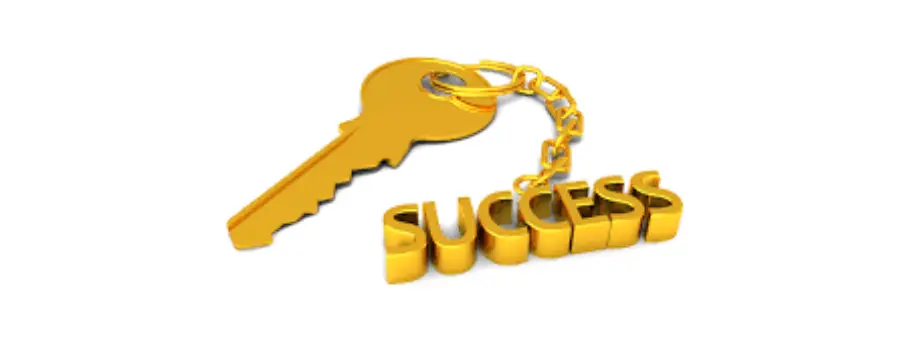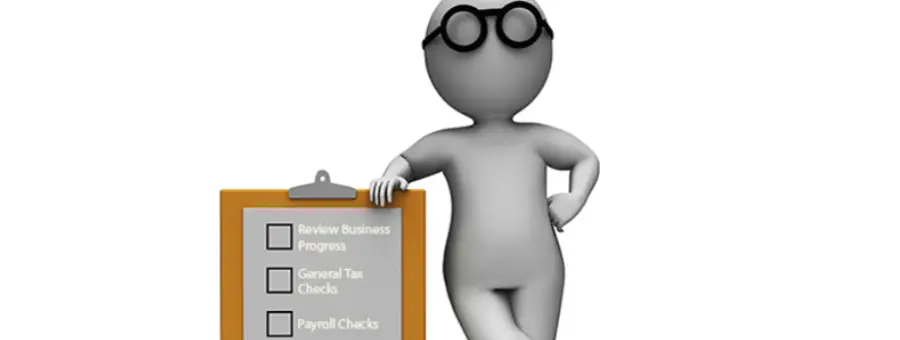
To many people, success does not come naturally … so behaviours must be engaged by decision, design and self-discipline. Not just by what we ‘feel’ like doing.
Life is clearly not so easy that all we must do is wake up, do what takes our fancy and think that’s going to lead us to success, in any area. There are four elements to this.
- Decide to behave in ways that will create positive outcomes.
- Design those behaviours astutely so they will work.
- Engage the self-discipline to implement the behaviours.
- Ignore any ‘feelings’ that will prevent those behaviours.
It’s the last one that so often causes failure and the one that people struggle with most, often relying on “I’m only human”.
Consider the following situations and if you can relate to them.
- When you first wake up in the morning, do you feel energised and positive, or a tad lethargic … “not a morning person”? So, your initial daily behaviours can’t be affected by your awakening mindset.
- On Monday mornings, are you rapt that the weekend is over, and the new working or training week is beginning, or do you feel a bit flat cos the weekend was a bit of ‘good-o’? So, your Monday morning behaviours can be affected by ‘Monday-itus’.
- Towards the end of the year do you feel fresh and energetic, or a bit run down, jaded and sick of working or training? So, your end of year behaviours can be affected by ‘had enough and can’t wait for the break’.
- When having to work or train with people you don’t really like or connect with, do you think ‘oh joy, this is a damn fine challenge that will improve me and help the team’ or do you put in less effort with them? So, your collaborative efforts can be affected by ‘wish they weren’t part of this’.
- When you feel fearful of something that’s coming up … a situation or an interaction with someone … do you push through with courage and discipline, or do you recoil, rush or even try to avoid it? So, your achievements can be affected by “that’s a bit scary”.
- When you’re angry about something or with someone, do you engage behaviours that will help the situation, or do you just show the anger, cos it’s the natural thing to do? So, your behaviours can be affected by “I’ve had it with this… or with you”.
- When you become confused, overwhelmed or ‘lost’, do you take a break and take it a step at a time, or do you stall, even give up, amidst the mass of issues? So, your behaviours can suffer from “this is all getting too hard”.
- When you’ve tried so many times and it hasn’t worked, do you try again, or do you decide that it’s never going to happen? So, your persistence ceases cos “It’s never gonna happen”.
- When you must learn new skills or knowledge, and it’s boring or challenging, do you undergo the training, or do you put it off for another time? So, your success can be deferred by “It can wait”.
- If you’re coming to the end of your career, do you innovate and ramp up your learning, or do you slow down towards the line? So, your latter years can be less productive and less enjoyable because of “not long to go now, so what’s the point?”
- When confronted by potential embarrassment, do you suck it up and enter the fray (knowing you should), or do you avoid it? So, those situations can remain embarrassing for you, possibly limiting your own growth, because “I couldn’t do that”.
I could add countless more examples of how natural behaviours, even though they’re understandable, can really get in the road of someone’s success. We must deliberately behave in the fundamentally necessary ways to create our own success, no matter how we feel.
Think through how an athlete is trained for an upcoming event (and that’s not a silly way of looking at it). The goals are set, the program is mapped out and then it is followed… only adapted if it should be according to progress. You don’t see successful coaches and athletes not following the program because of any of the above human emotions or feelings… they’d fail if they gave in to those. They push through. The reason that this is a useful parallel is because success in career, family, lifestyle and health is just a tad more important than winning on a sporting arena… so we should learn the lesson from the way elite sports people achieve their success… they do not veer from the required behaviours according to how they feel!
If we ‘give in’ to any our negative emotions, we will not be successful! I researched how
many negative emotions a human being has and there were 28 listed under the letter ‘A’! So, let me list just some, whilst you consider the impact any one of them can have on your own success in life:
Abandoned, Afraid, Bewildered, Bitter, Complacent, Contempt, Defensive, Dejected, Enraged, Envy, Foolish, Forced, Glum, Guilty, Hateful, Hurt, Insecure, Isolated, Jealous, Lonely, Lethargic, Manipulated, Negative, Neglected, Offended, Pessimistic, Powerless, Rebellious, Regret, Remorse, Sad, Scared, Shame, Shy, Stressed, Sulky, Tense, Tormented, Trapped, Uncertain, Unhappy, Victimised, Vulnerable, Wary, Weak, Worried, Wronged.
To acknowledge one’s negative emotions but still engage the necessary behaviours for success is “simple but difficult”. There is clearly nothing complex about this but it’s difficult to do. It’s the difficulty that so many people rely on as an excuse for their own lack of success… ‘easier said than done’ they say. Of course, it is, that’s why it’s called success! Change the phrase to “simple AND difficult” … as your reminder that success is fundamentally simple, and we need to deal with its difficulty. Live by “Do what works”. Acknowledge the feeling and do what works!
When we turn on a computer it boots up instantly and ‘behaves’ in the ways it has been programmed to behave. When we humans awake in the morning, we tend to ask ourselves how we ‘feel’. Then, we often move quickly into interacting with the rest of the world … those we live with, the media, traffic, the weather, etc. By doing those two things our behaviours are then affected by how we ‘feel’ when we awake and what our external surrounds bring to us. The day is now partially in the hands of two things outside of our control, and that surely is unacceptable to anyone driven to succeed.
So, we must start our days by asking ‘What Must I Do?’ and never ‘How Do I Feel?’. The answer to the first question can only lead to successful behaviours …. Get up early, exercise, do the difficult things that matter, do the high priority things, communicate effectively, eat properly, spend time with those we should, behave collaboratively, learn, etc. The answer to the second question can lead to poor behaviours if we don’t ‘feel’ good. If we want good outcomes, we must do good things, no matter how we feel.
We must also proactively decide to do some things in the day that will make a positive difference. “What must I do today to make it a success?” And, do them no matter what. The first 10 to 15 minutes of our day should be spent programming ourselves to do the very things that will cause the day to be successful. It only takes that long, and no one can say they don’t have that time at the start of each day, or if you don’t think you have, get up that bit earlier. Morning programming is essential to any day’s success!
Five other elements are necessary for success and should be listed here, albeit briefly:
- Success is unlikely to come unless we manage our relationships with others well, family and non-family. Spreading ourselves too thin, mismanaging expectations across relationships, letting others down or ourselves, will seriously detract from one’s own success; in fact, it represents failure, of itself.
- High levels of health and energy are necessary.
- Spending time on one’s chosen high priorities in life is essential.
- Self-awareness is the first step to self-improvement. Knowing one’s weaknesses, limitations, etc. enables behavioural improvement.
- Being clear on your own chosen values and living them daily, is necessary to feeling good in the first place, as well displaying leadership to others.
Previous Newsletter Articles
Business Tips
HR Information
Contact Us
1300 022 270
enquiries@myabbs.com.au






